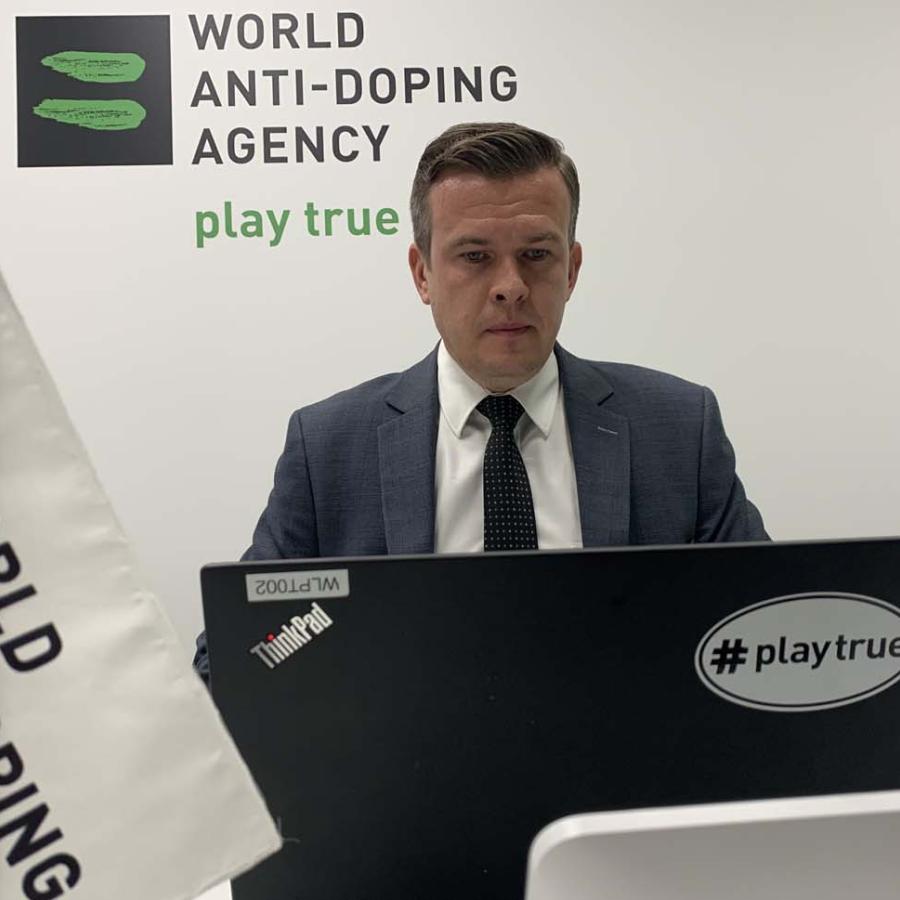Releases
WADA President outlines Agency’s achievements and challenges at European Parliament hearing

The President of the World Anti-Doping Agency (WADA), Witold Bańka, appeared before the European Parliament’s Committee on Culture and Education (CULT) today to outline some of the challenges currently being faced by the Agency, as well as some of its recent achievements and those of the broader anti-doping community in Europe and around the world.
Speaking at the virtual hearing, Mr. Bańka reflected on the successful partnership that WADA forged with the European Union (EU) and its various institutions over many years, and highlighted where the EU could do even more to answer the anti-doping call across the continent.
WADA’s President told the hearing: “Europe has always played a pivotal role in the development of WADA and the clean sport movement. Many representatives of European public authorities have held decisive roles in the establishment and development of WADA. They helped to nurture and support WADA to where it is today. And we continue to benefit from their wise counsel and passionate activism.”
Mr. Bańka noted with satisfaction that the CULT was currently working on a report entitled ‘EU sports policy: assessment and possible ways forward’ with a prominent section on doping and its related risks and threats.
He said: “WADA is grateful to the author of the report, Tomasz Frankowski MEP, for inviting WADA to participate in the consultations that preceded the report’s preparation. WADA looks forward to the Honorable Frankowski’s final report and we stand ready to collaborate further with the Parliament and all EU institutions.”
Mr. Bańka also stressed the need for the EU to stand up to the threat posed by the politicization of WADA by some Governments and other organizations, as well as the use of threats to achieve unilateral objectives.
He said: “WADA is a global body and regulating the implementation of the anti-doping rules worldwide is not the role of one or a few countries. We are a democratic organization that relies on collaboration, consensus and partnership in order to achieve harmonization.”
Mr. Bańka gave an overview of the global anti-doping program and WADA’s development since its creation in 1999, including its 2020-2024 Strategic Plan.
He added: “WADA’s Strategic Plan was developed following feedback from key stakeholders within the anti-doping ecosystem, including athletes. WADA, as the global anti-doping regulator, is now in a completely different place than it was just six or seven years ago – thanks in large part to the investigations and compliance monitoring advances that have been made, but also because we have significantly strengthened our science, medicine and education activities, and because we have been carrying out wide-ranging governance reforms of the Agency since 2018. Despite the challenges we face, WADA will continue to make real progress with strong allies, such as the EU, by our side.”

